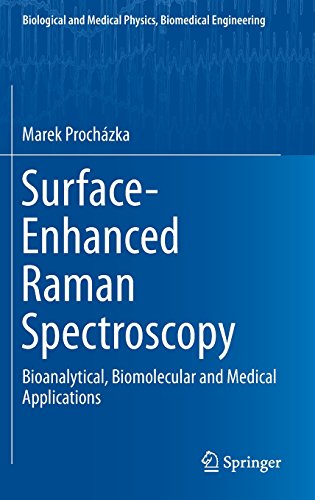

Most ebook files are in PDF format, so you can easily read them using various software such as Foxit Reader or directly on the Google Chrome browser.
Some ebook files are released by publishers in other formats such as .awz, .mobi, .epub, .fb2, etc. You may need to install specific software to read these formats on mobile/PC, such as Calibre.
Please read the tutorial at this link: https://ebookbell.com/faq
We offer FREE conversion to the popular formats you request; however, this may take some time. Therefore, right after payment, please email us, and we will try to provide the service as quickly as possible.
For some exceptional file formats or broken links (if any), please refrain from opening any disputes. Instead, email us first, and we will try to assist within a maximum of 6 hours.
EbookBell Team

0.0
0 reviewsThis book gives an overview of recent developments in RS and SERS for sensing and biosensing considering also limitations, possibilities and prospects of this technique. Raman scattering (RS) is a widely used vibrational technique providing highly specific molecular spectral patterns. A severe limitation for the application of this spectroscopic technique lies in the low cross section of RS. Surface-enhanced Raman scattering (SERS) spectroscopy overcomes this problem by 6-11 orders of magnitude enhancement compared with the standard RS for molecules in the close vicinity of certain rough metal surfaces. Thus, SERS combines molecular fingerprint specificity with potential single-molecule sensitivity. Due to the recent development of new SERS-active substrates, labeling and derivatization chemistry as well as new instrumentations, SERS became a very promising tool for many varied applications, including bioanalytical studies and sensing. Both intrinsic and extrinsic SERS biosensing schemes have been employed to detect and identify small molecules, nucleic acids and proteins, and also for cellular and in vivo sensing.